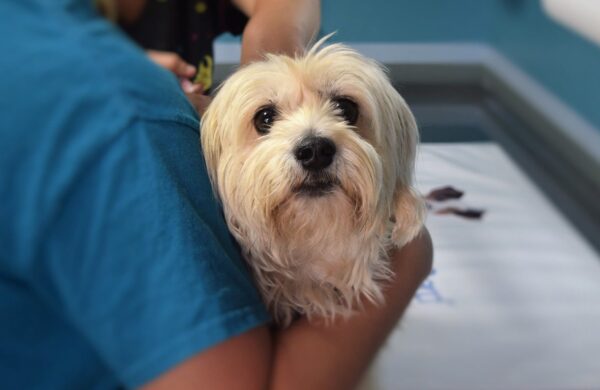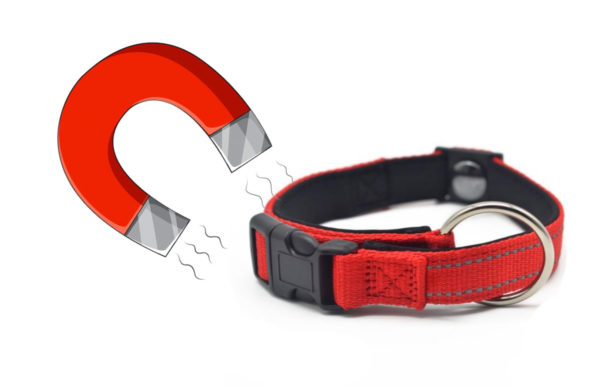Did you know dogs and pets can get diabetes?
Dogs and cats can develop diabetes just like humans. Diabetes has become a common health condition in aging dogs and cats. A diabetes diagnosis can be frightening for owners, but there’s good news, diabetes in pets can be managed with food, weight control, veterinary treatment and drugs.
Why do dogs and cats get diabetes?
There are various reasons why dogs and cats develop diabetes, sometimes it is hereditary, sometimes it can be triggered by health issues such as poor diet, excess weight, lack of exercise, or it can develop due to illness and disease.
Key factors that trigger diabetes in pets
- Faster aging – Animals age faster than humans, typically 6-8 years for every human year. Diabetes can develop in elderly pets due to failing insulin production in the pancreas due to pancreatitis and other conditions.
- Poor diet – Too much food, poor quality food and food with excess salt & sugar can lead to all sorts of health problems including a higher risk of diabetes.
- Poor fitness & lack of exercise – Pets benefit from regular exercise just like humans. Pets can gain weight and become lazy if they don’t get regular exercise. Unfit, obese pets have an increased risk of developing diabetes.
A healthy diet & regular exercise is key to diabetes prevention
Our pet’s require suitable food to provide a balanced diet. Most quality ‘complete’ pet foods are manufactured to provide enough protein, fibre, fats, vitamins, and minerals required for a healthy diet. The occasional pet treat is okay as long it’s made for pets (never feed your pets human snacks or sweets). Feeding pets snacks and food meant for human consumption is extremely bad for pet health, it can lead to health issues like increased cholesterol, obesity and even diseases like diabetes.
As your pets age, consider switching them to mature animal foods. Mature complex foods can ensure your cats & dogs get extra essential nutrients but with reduced fat and cholesterol.
Similar to human diabetes, diabetes becomes more prevalent in pets that are unfit or overweight. Dogs benefit from regular walks and exercise which can help keep them stay fit and maintain a healthy weight.
The supplements shown are available from Amazon UK – prices provided are guide price and may vary.
How to spot & test for diabetes in pets
Unfortunately our pets can’t tell us if they feel ill. But if you know your pet you’ll probably know if things don’t seem normal or right.
If your dog or cat is constantly thirsty & is drinking more, if they need to urinate more and the urine is dark or smelly, there is a chance they already have, or are developing diabetes.
A urine test is the easiest way to test for diabetes in pets. You can use the same pee on diabetes tests strips used for humans. If the test strip shows a positive result you will need to visit your vet for blood tests to confirm diabetes and to rule out any other health issues.
Once you have a confirmed diagnosis your vet will be able to advise on the best course of action. If caught early it might be possible to reverse the diabetes, or manage it with diet, exercise and food. However where this is not possible, your pet will require medication to manage diabetes, this is usually in the form of insulin tablets or injections.
- Urinating More – Pet needs to urinate more often. Your pets urine is dark &/or strong smelling. Your pet may be having accidents indoors.
- Always Thirsty – Pet seems to be constantly thirsty. They are drinking more than usual and you are having to refill their water more often.
- Loosing/Gaining Weight – Pet has lost weight or gained a lot of weight.
- Always Hungry – Pet is always hungry and never satisfied, begging for more food.
- Pet Looks Less Healthy – Pets coat or skin looks dull or dry, fur is shedding or patchy / Pets eyes are watery or cloudy.
- Lacks Energy / Always Tired – Pet wants to sleep more, less keen or able to exercise & walk.
- Maintain A Healthy Weight – Ensure your pets are a healthy weight.
- Switch food – Switch to a weight loss or diabetes control food like Virbac W1 or similar specialist food.
- Limit treats – Only feed your pets ‘Pet Treats’, no candy or fatty human snacks. Sugary/salty/fatty snacks are not good for pets.
- Daily exercise – Ensure your pets, especially dogs, get daily exercise. A walk has great health benefits for owners as well as dogs.
QuoteZone
We’ve partnered with QuoteZone – Compare up to 25 pet insurance providers including: 4Paws, Animal Friends, ADSA Pet, Coop, Every Paw, PDSA, Perfect Pet, Pet Sure and others.
Cover from as little as *£3.35 per month!









